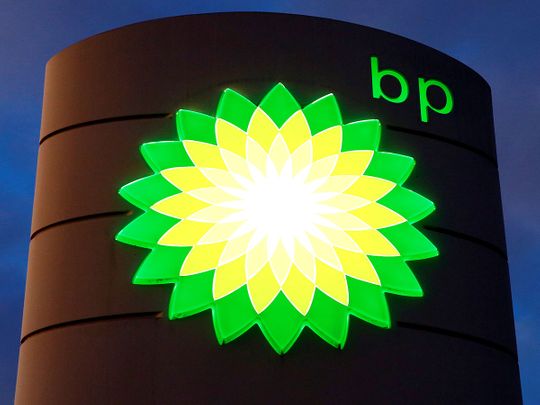
London: BP plc boosted its share buybacks by $2.5 billion as cashflow surged, offsetting some of the discomfort caused by a $25.5 billion charge linked to its planned exit from Russia.
The company followed its peers Exxon Mobil Corp., Chevron Corp. and TotalEnergies SE, all of which saw their first-quarter net income - excluding Russia-related writedowns - soar in tandem with oil and gas prices after the conflict in Ukraine.
BP comfortably surpassed analysts' expectations and offered one clue as to how it managed to do so - an ‘exceptional’ three months for its oil and gas trading business. Other commodities traders from Bunge Ltd. to Glencore Plc have also posted stronger profits, aided by the unprecedented volatility caused by the war.
"In a quarter dominated by the tragic events in Ukraine and volatility in energy markets, BP's focus has been on supplying the reliable energy our customers need," CEO Bernard Looney said in a statement. "Our decision in February to exit our shareholding in Rosneft resulted in the material non-cash charges."
BP will expand its share buyback by $2.5 billion, following through on a pledge to return a portion of surplus cashflow to investors. The company repurchased $1.6 billion in the first quarter. That figure could grow further this year as oil and gas prices are forecast to remain above $100.
Keep capex steady
The London-based company emphasized its commitment to help the UK boost its energy security, pledging investments of 18 billion pound ($23 billion) by the end of 2030, including North Sea oil and gas and also low-carbon sources. BP nevertheless stuck to its strict annual capital expenditure budget of $14 billion to $15 billion, and spent $2.9 billion in the first quarter.
BP's first-quarter adjusted net income was $6.25 billion, more than double the amount from a year earlier and surpassing analyst expectations of $4.43 billion. The figure doesn't include an accounting loss of $29.29 billion, which is largely due to BP's decision to dump its stake of about 20 per cent in Kremlin-controlled oil giant Rosneft PJSC.
Selling Russia stake
BP has approached state-owned companies including China National Petroleum Corp. and Indian Oil Corp. in an effort to offload its Russian assets. Officials at China's Cnooc said last week that it believed any deal in Russia with European oil majors would likely require government approval.
Cnooc itself is said to be in joint discussions with Shell plc for a potential acquisition of its stake in Russia's Sakhalin-2 liquefied natural gas (LNG) project.












